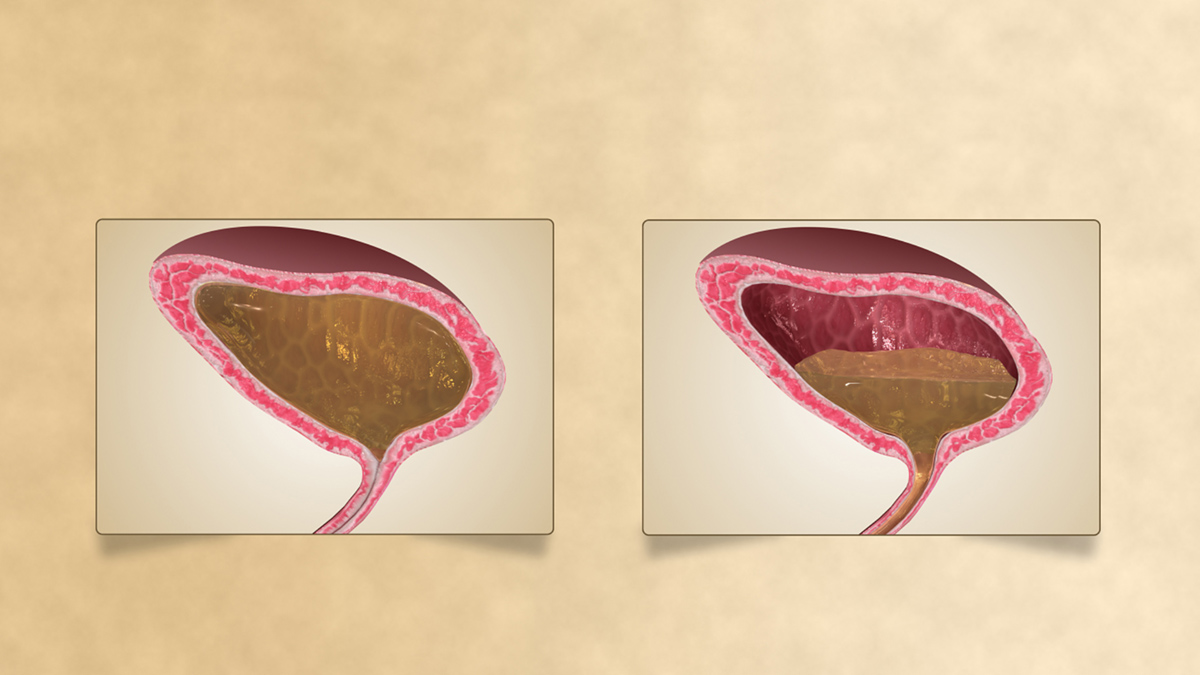
Incontinence is very embarrassing problem that men usually don’t want to discuss. Incontinence refers to accidental release of urine or feces that can be triggered by activities such as sneezing, coughing and laughing or may happen during exercise. This problem can be permanent or temporary depending on the underlying cause. Incontinence is not considered to be a disease but it indicates some problem of the urinary tract. Urinary tract includes pair of kidneys, ureters, urethra and urinary bladder. The kidneys remove toxins, waste matter and excesses water from the blood and the urine which is produced in this way is stored in the urinary bladder. The ureters connect the kidneys to the urinary bladder. The urethra excretes urine out of the body and it has urinary sphincter, a circular shaped muscle that regulates flow of urine. Impairment of any part of the urinary system may result in incontinence.
Types of Incontinence in MenTotal Incontinence in MenTotal incontinence refers to loss of function of sphincter muscle. This type of incontinence is the most severe and it features constant leakage of urine. It is caused by total damage of the urinary sphincter which leads to inability to control urination.
Overflow Incontinence in MenOverflow incontinence represents constant dribbling of urine associated with frequent urination in small amounts. The main symptom of this type of incontinence is strong urge to urinate although the bladder doesn’t empty all the content. Overflow incontinence may occur due to weakness of bladder muscles or blockage in the urethra. Enlarged prostate gland can also lead to overflow incontinence.
Urge Incontinence in MenUrge incontinence is extremely strong urge to urinate in which a person cannot hold urine long enough to get to the toilet. It may be caused by damage of nerve passages that run from the bladder to the brain. People with Parkinson’s disease and diabetes as well as those who had a stroke may experience urge incontinence. This type of incontinence may also occur when bladder squeezes even when it shouldn’t do that.
Stress Incontinence in MenStress incontinence refers to urination that result from laughing, sneezing, coughing, lifting objects, or any strain that puts pressure on the bladder. Stress incontinence is caused by weakness of sphincter muscle but may also occur when prostate gland is removed or when pelvic muscles are damaged.
Treatment for Incontinence in MenTreatment depends on the type and severity of incontinence. The treatment usually involves behavioral therapy in order for patient to schedule his urination time. Medications are also prescribed that may help patients to manage incontinence. When the urinary tract is blocked, surgery may be performed to treat incontinence.


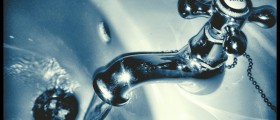

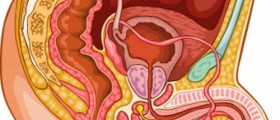




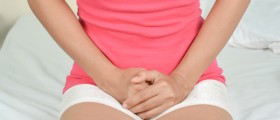



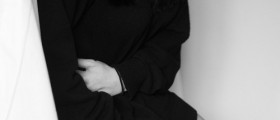


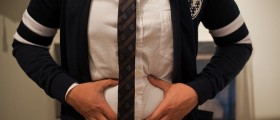
Your thoughts on this
Loading...